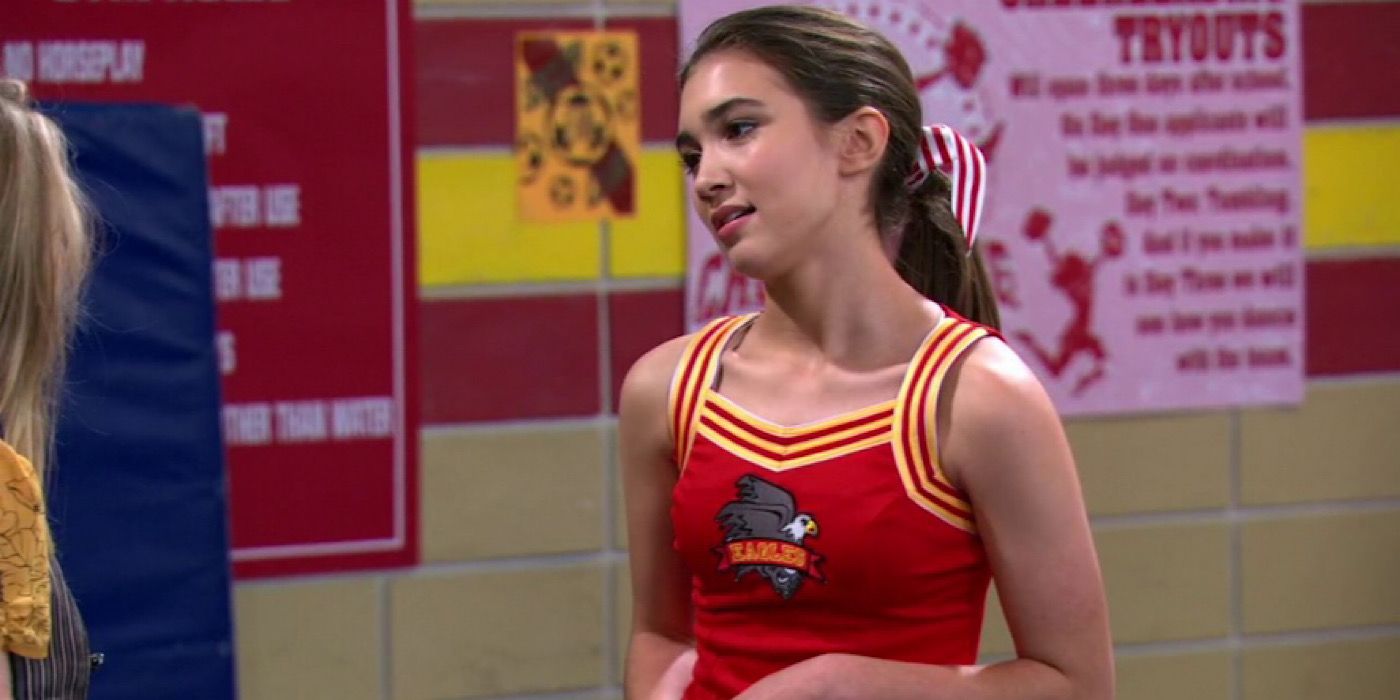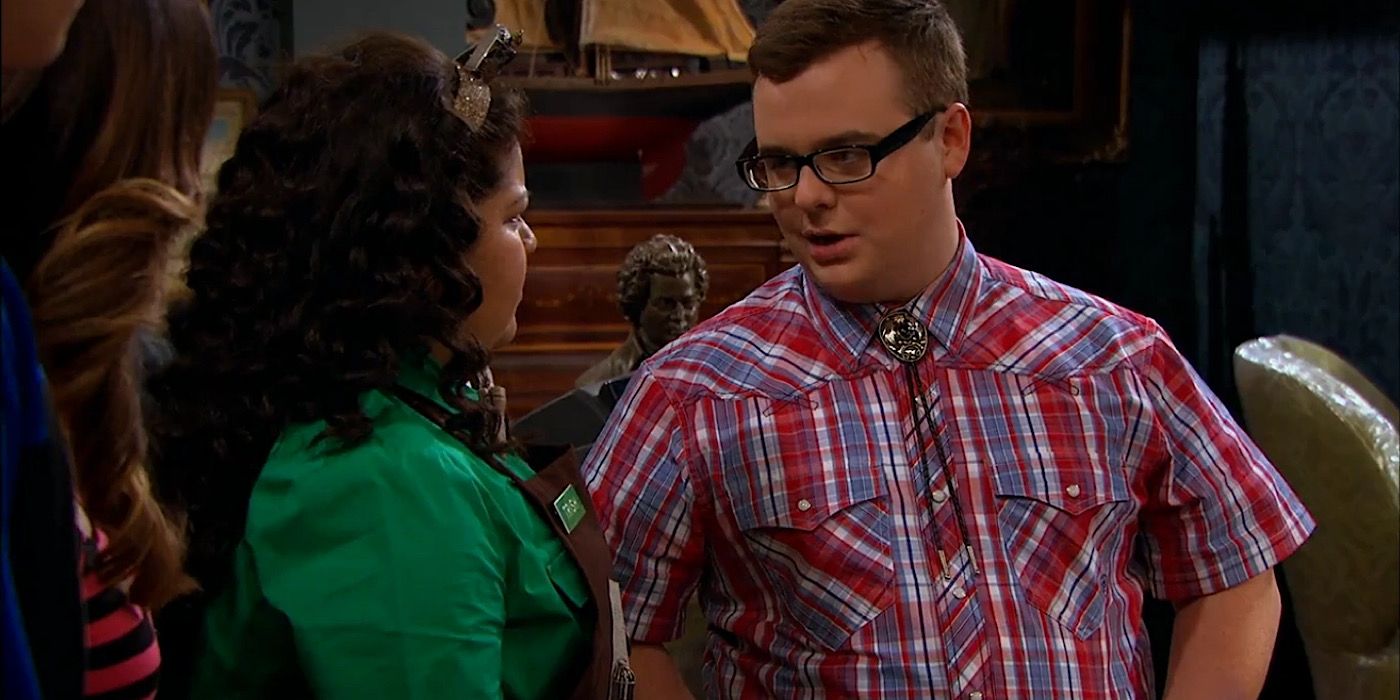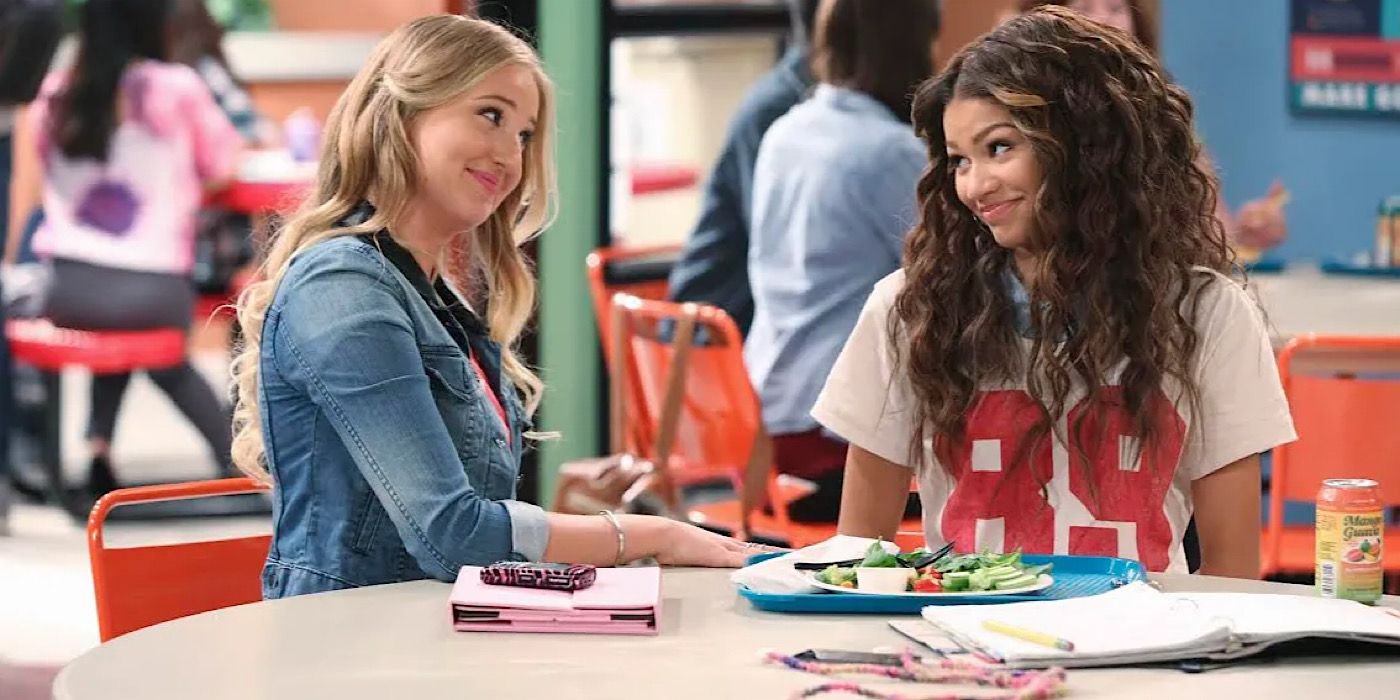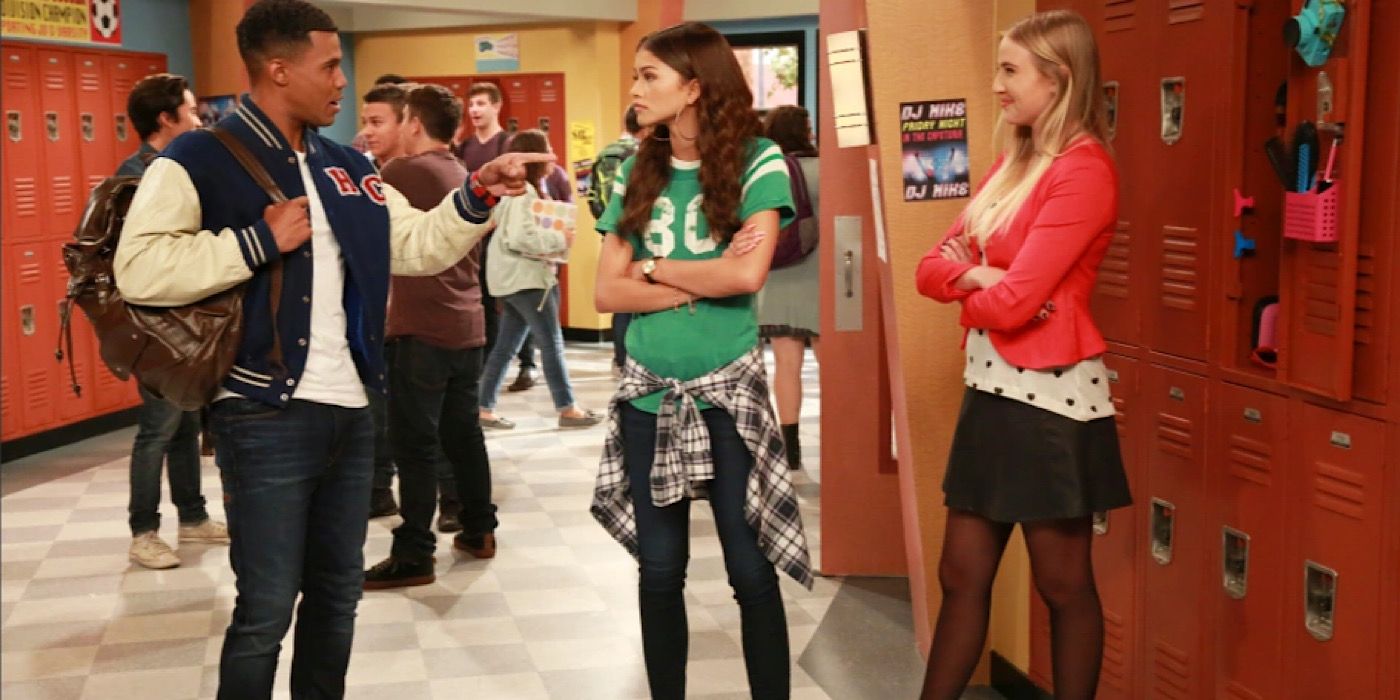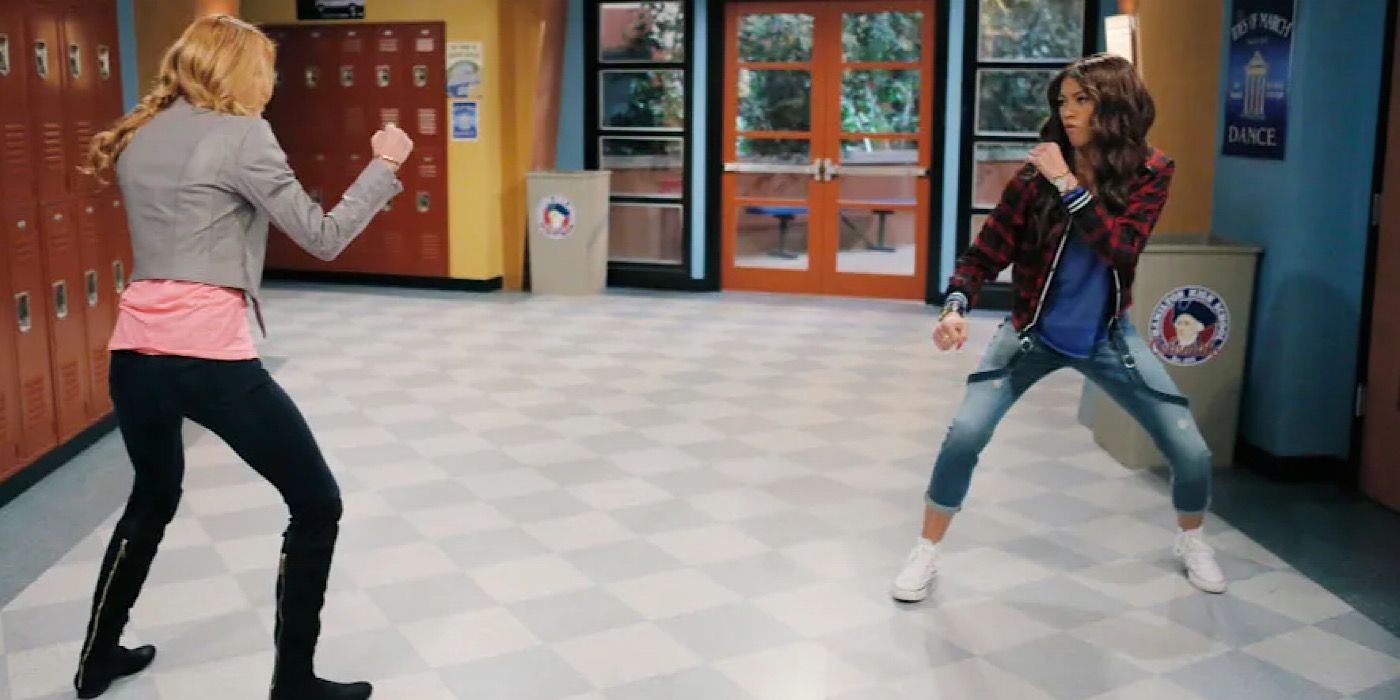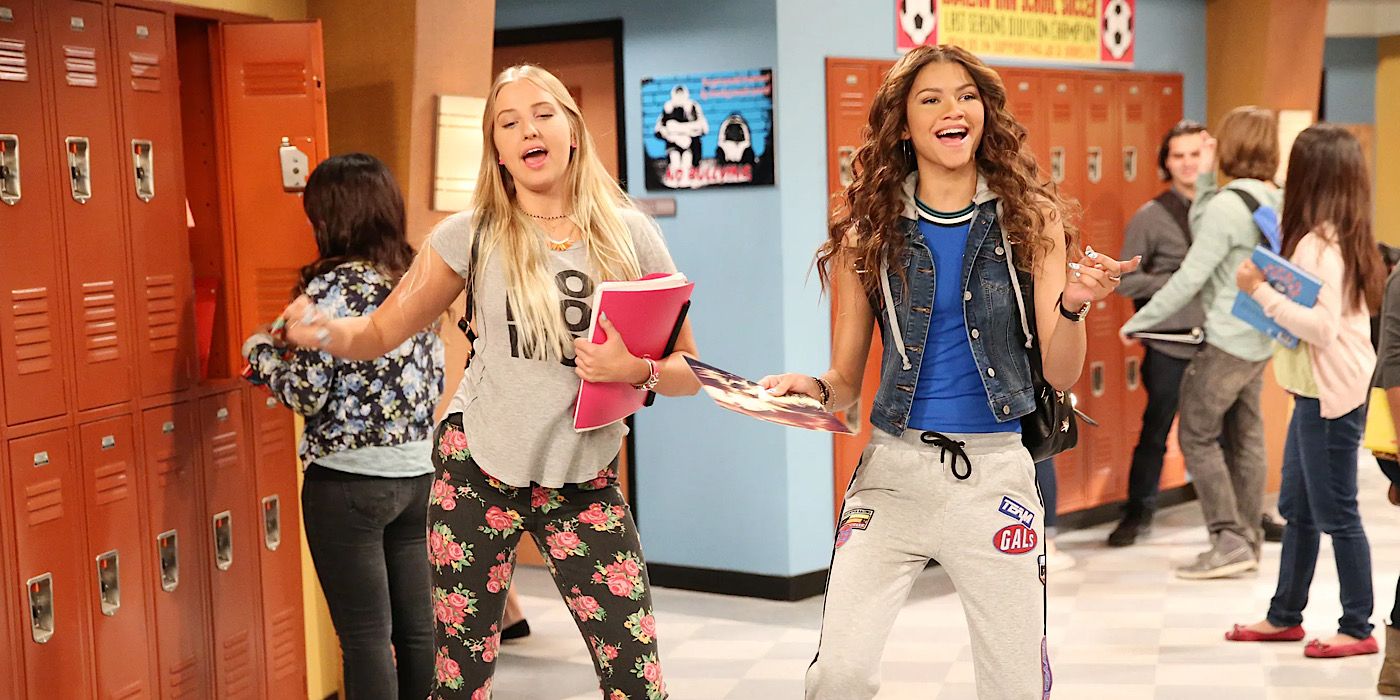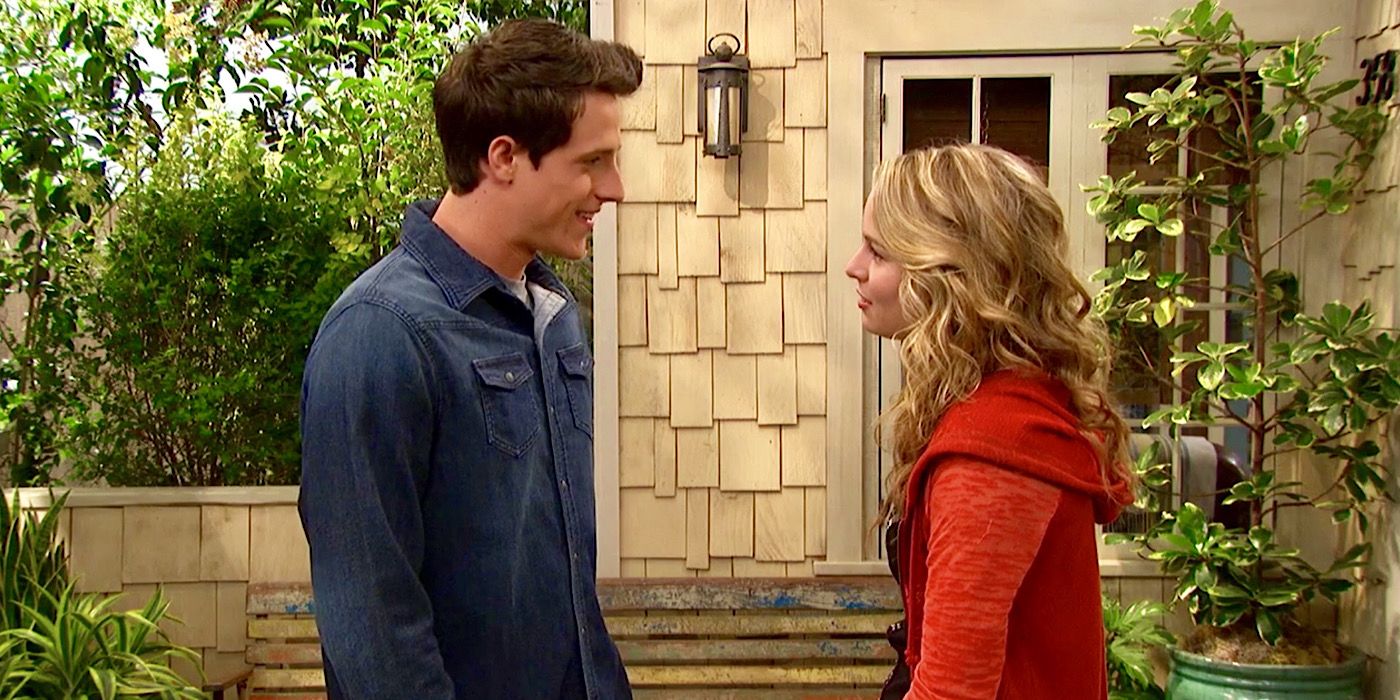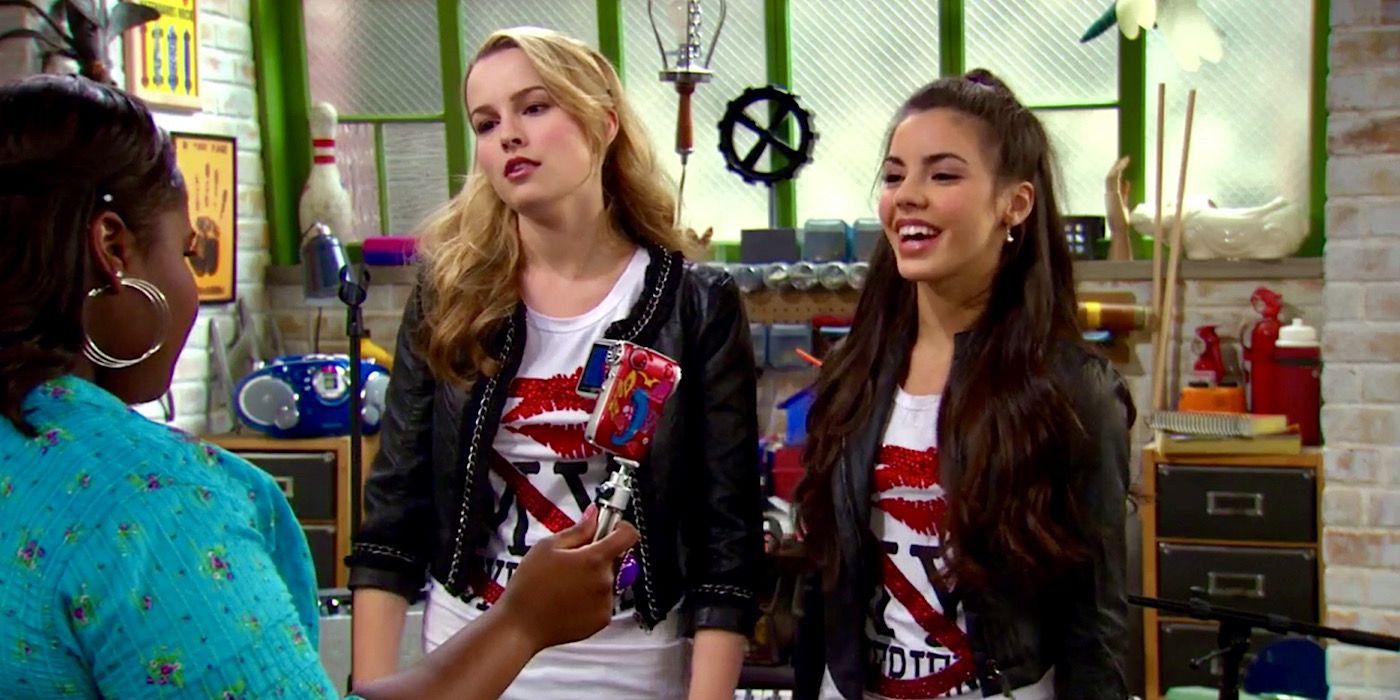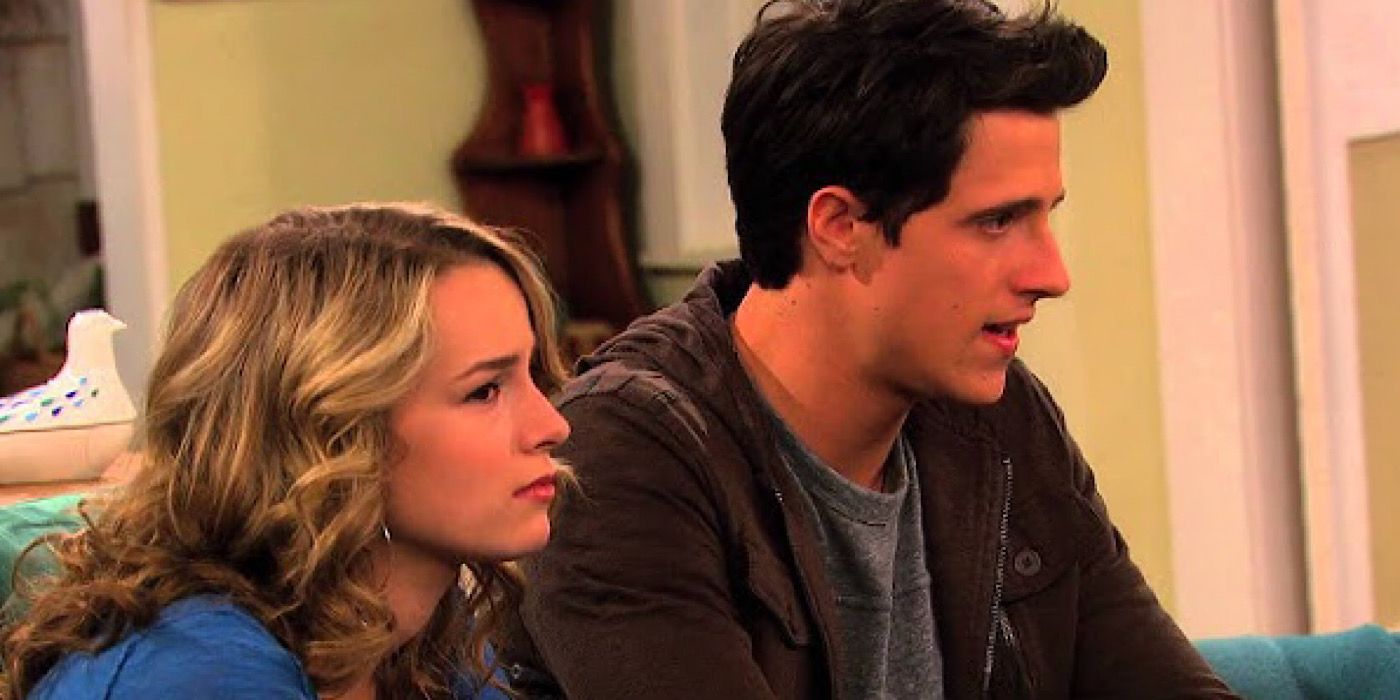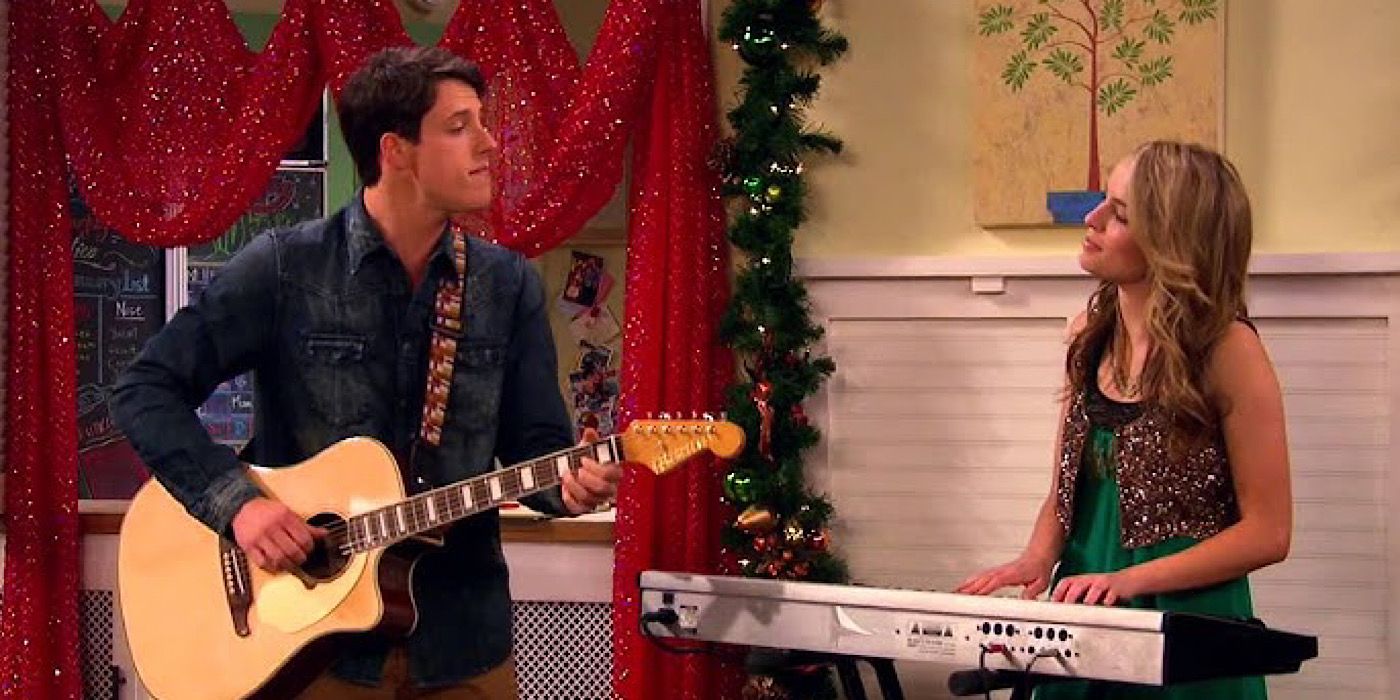Highlighted some iconic characters from television’s past. From the enigmatic Raven in “That’s so Raven” to the mischievous duo Zack and Cody from “Suite Life of Zack and Cody”, there was a character for all tastes. They were appealing, eccentric, and brimming with emotion. Yet, not every character succeeded. For each beloved protagonist or side-splitting supporting role, there’s always one character that grates on viewers’ nerves.
Certain personalities from some shows fail to improve or become grating right away, often due to excessive antics, repetitive catchphrases, or an insatiable desire for attention. Even decades after the initial airing of these sitcoms, audiences have not shied away from expressing their displeasure on social platforms and during nostalgic re-watches. These disliked characters serve as a reminder that not every Disney Channel production is a hit.
Girl Meets World Premiered on Disney Channel in 2014
In the series “Girl Meets World“, the main character is frequently perceived as intolerable due to her tendency to be overly preachy, melodramatic, and self-absorbed. Each episode seems heavily focused on her emotions, with her often manipulating other characters’ narratives to center them around herself.
Riley frequently sobs, complains, and talks excessively about her issues, which makes it challenging to view her as a credible character. Instead of embodying the well-rounded persona of Cory Matthews from the beloved series Boy Meets World, she appears to be a combination of the most irritating stereotypes from various TV archetypes: a pretentious know-it-all, a perpetual victim, and someone who craves attention all the time. This is disappointing for fans who loved the development and depth shown in Cory’s character. As a result, Riley’s portrayal makes the show less enjoyable to watch.
That’s So Raven Premiered on Disney Channel in 2003
Initially, the character Cory Baxter (played by Kyle Massey) was portrayed as a lovable little brother figure. However, as the series progressed, his actions became more and more annoying. He’s often found concocting plans for money or fame, often at the cost of others, even his own family. Despite the show attempting to depict him as witty and mischievous, his actions too frequently appear spoiled and self-centered.
Instead of learning from mistakes, Cory tends to amplify his problematic actions, which makes it challenging to support him. His excessive gestures and dramatic presentations, while perhaps entertaining for younger viewers, can become irritating to older spectators. Even when Cory in the House provides more of him on screen, it merely enhances the aspects that viewers already find bothersome. He seems devoid of genuine development, making his character appear more like a recurring joke than someone deserving of empathy.
A.N.T. Farm Premiered on Disney Channel in 2011
Characteristic of a high school cliche. This individual exhibits excessive self-centeredness, shallow behavior, cunning manipulation, and an unquenchable thirst for validation. Her narcissism is not amusing or engaging; it’s draining. Lexi routinely mistreats her alleged close friend, Paisley (Allie DeBerry), disregarding her intelligence and exploiting her for attention.
Instead of simply being impolite, she’s downright malicious, frequently venturing into unkind realms with no repercussions. What makes her even more detestable is how the show attempts to turn her harshness into humor. Viewers soon tire of her repeated jokes and shallow stunts. Lexi comes across as a flat, one-dimensional character in a series that revolves around talented, imaginative children. While A.N.T. Farm has its appeal, Lexi is the kind of character fans wish to skip during every scene she appears in.
Austin & Ally Premiered on Disney Channel in 2011
In a different phraseology: John Paul Green’s character, Chuck McCoy, is seen as an unconventional antagonist by some viewers. However, instead of finding him amusing, they find him troubling. Throughout several episodes, his persistent pursuit of Trish (Raini Rodriguez) is unsettling to watch. He consistently crosses boundaries with aggressive flirtation and makes her evidently uncomfortable. His actions aren’t merely irritating; they give off a chilling vibe of being inappropriate and potentially harmful.
Despite some comical exchanges between Chuck (Calum Worthy) and Dez, these moments don’t compensate for how poorly he behaves. His disrespectful attitude towards women and the absence of repercussions for his actions make him one of the most detested recurring characters in the series. It’s puzzling that a show aimed at younger viewers continues to emphasize his behavior instead of eliminating him from the storyline completely. Essentially, Chuck is the character we wish had never been created.
Liv and Maddie Premiered on Disney Channel in 
Characters who aren’t main leads should have genuine humor, not just exaggerated actions. For instance, Joey persistently shouts, makes peculiar sounds, and strives excessively to be amusing. Yet, more often than not, he falls flat. His childish antics may generate some initial laughter, but they soon become tiresome. Each scene featuring him feels contrived, as if the show is overexerting itself to make him a star.
His humor sometimes misses the mark, and his recurring jokes feel tiresome quickly. To make matters worse, his scenes tend to overshadow the powerful emotional scenes the show occasionally presents. Many viewers consider him an unnecessary addition, merely serving as a repetitive, loud distraction that contributed little to the plot. Instead of being a charming comedic relief, Joey often blended into the background as persistent, irritating noise.
K.C. Undercover Premiered on Disney Channel in 2015
She’s a teenage spy with exceptional abilities, but her fans frequently find her arrogant and difficult to admire. Despite possessing great intellect and talent, she tends to view those around her as inferior, particularly her family and companions. Her sarcasm often appears more spiteful than amusing, and she seldom exhibits genuine compassion, even when others are facing hardships.
In every setting, K.C.’s persistent desire to demonstrate her intelligence and competence can come across as arrogant. Even in instances intended to portray vulnerability, she often dismisses others’ feelings or trivializes significant problems. Many viewers continue to ponder K.C.’s appeal, yet there is a general consensus that a main character’s role should not shield them from personal development.
Jessie Premiered on Disney Channel in 2011
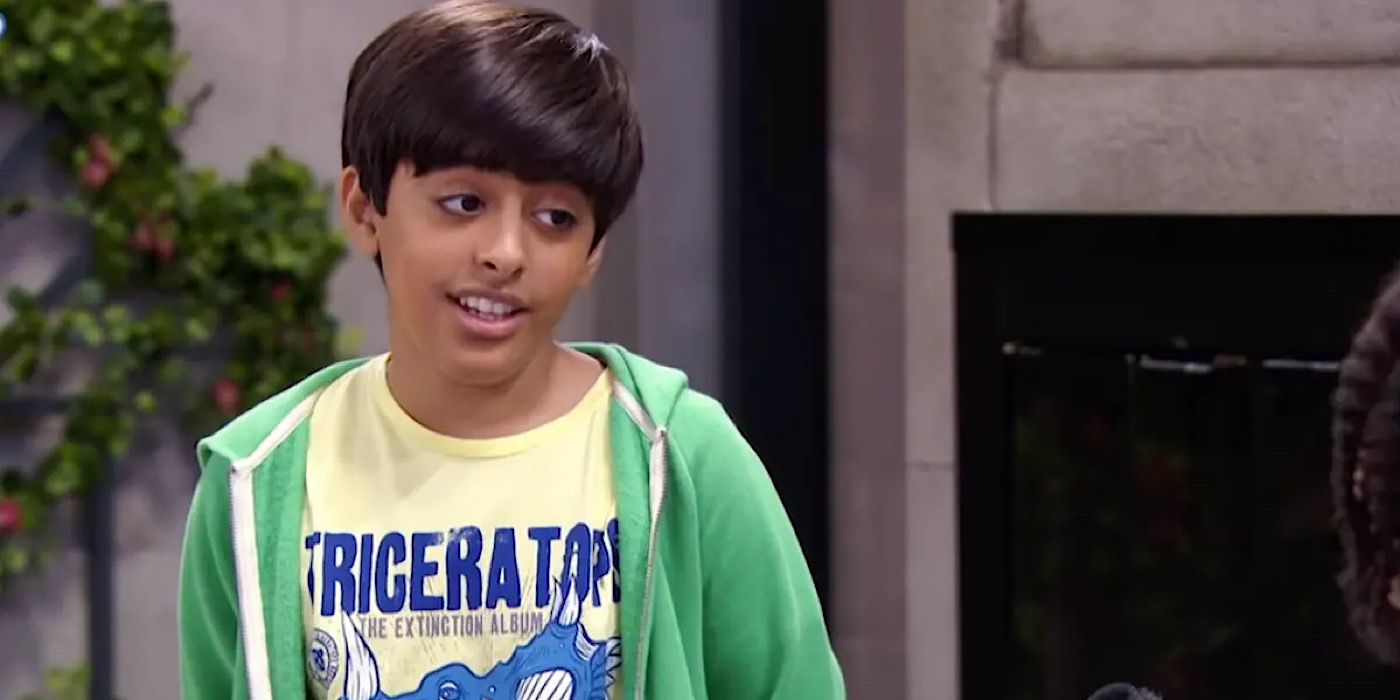
In my opinion, as a devoted fan, Ravi Ross (Karan Brar) had an incredible opportunity to be a distinctive, adorable character; however, he frequently appears as a caricature of stereotypes. His over-the-top reactions and discomfort feel more like punchlines than genuine traits, failing to capture the depth of his potential personality. Unfortunately, Ravi’s character development is sparse, often serving as the target for countless jokes that lean on outdated cultural stereotypes. Instead of growing and becoming more nuanced, he becomes increasingly one-dimensional and cartoonish over the course of the series.
1) His peculiar fixations, exaggerated slapstick humor, and lack of character development make it challenging to relate to him. Although Jessie‘s characters are eccentric, Ravi’s jokes frequently come across as unfunny and awkward, causing viewers to question if the writers have a plan for him. Even in BUNK’D, he remains largely unchanged, offering little more than tired humor. What could be charming becomes irritating instead.
Shake It Up Premiered on Disney Channel in 2010
Tinka Hessenheffer, portrayed by Caroline Sunshine, is meant to be an eccentric adversary, characterized by her vibrant clothing, affected accent, and flamboyant demeanor. Yet, she frequently appears as a caricature lacking substance, serving only one function. Her persistent craving for attention, peculiar fashion choices, and feigned European accents can become tiresome quickly.
Despite Gunther’s equal quirks, Tinka persists in being equally annoying and lingers longer. Her encounters with the main characters often follow a familiar pattern, either involving insults, displays of arrogance, or nonsensical behavior. Even when the series attempts to portray her as relatable, it’s difficult for viewers to empathize. Tinka appears unrealistic and lacking depth, and her humor usually falls flat. To many fans, she doesn’t live up to the endearing, eccentric side character that Disney envisioned.
Suite Life on Deck Premiered on Disney Channel in 2008
Initially, the character of Bailey Pickett (played by Debby Ryan) is portrayed as a naive small-town girl with lofty aspirations. However, numerous viewers find her behavior increasingly grating. Despite being intelligent and driven, Bailey often appears patronizing, particularly towards Cody, who holds genuine affection for her. She frequently undermines his attempts or speaks to him in a superior manner, which gives their relationship an imbalanced feel.
Instead of offering encouragement, she frequently criticizes or belittles Cody (Cole Sprouse), making it difficult for viewers who want to support the couple. Her behavior can come across as hypocritical since she demands perfection from him but rarely acknowledges her own imperfections. Contrary to expectations, Bailey is often perceived as self-righteous and humorless rather than endearing, leaving many fans feeling indifferent or annoyed.
Good Luck Charlie Premiered on Disney Channel in 2010
Initially, the character portrayed by Shane Harper as Spencer Walsh appears endearing, but soon unveils a troubling side that makes him one of Disney Channel’s most harmful characters ever depicted. Over time, he attempts to re-enter Teddy’s (Bridgit Mendler) life with an intensity that crosses into emotional coercion. His actions are highly disquieting. Spencer subjects Teddy to gaslighting, disregards her emotions, and only feigns concern when it suits his purposes.
His “pleasant demeanor” often hides the fact that he avoids true responsibility. Fans continue to be annoyed by how effortlessly Teddy forgives him, despite his numerous acts of deceit. In a typical teen comedy, there might not be a clear-cut villain, but Spencer comes close. Even years after the series has ended, many viewers concur: his infidelity alone is enough reason to disassociate from him, and the subsequent events only make it worse.
Read More
- Who Is Harley Wallace? The Heartbreaking Truth Behind Bring Her Back’s Dedication
- 50 Ankle Break & Score Sound ID Codes for Basketball Zero
- Lost Sword Tier List & Reroll Guide [RELEASE]
- Basketball Zero Boombox & Music ID Codes – Roblox
- 100 Most-Watched TV Series of 2024-25 Across Streaming, Broadcast and Cable: ‘Squid Game’ Leads This Season’s Rankers
- 50 Goal Sound ID Codes for Blue Lock Rivals
- KPop Demon Hunters: Real Ages Revealed?!
- Come and See
- Summer Games Done Quick 2025: How To Watch SGDQ And Schedule
- How to play Delta Force Black Hawk Down campaign solo. Single player Explained
2025-05-03 01:36
